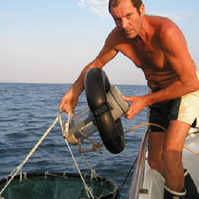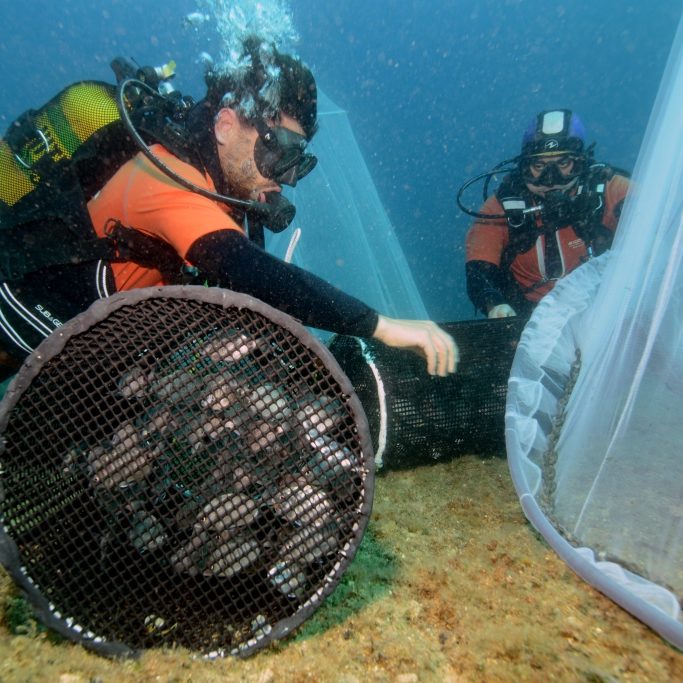
Sustainable rearing
Struggle against ecosystem impoverishment
Post-larval Capture & Culture is a technology developed for more than a decade by Ecocean. It consists of capturing post larvae in the open ocean, rearing them in tanks, and using them for restocking or for commercial sale. It’s a powerful new alternative to overfishing in the developing countries and in the Small Island Developing States. PCC minimizes the collection of wild fish and therefore offers an immediate and acceptable solution to the degradation of marine ecosystems. Prohibiting the capture of wild fishes is often impossible because of the many stakeholders involved, and also hits the poorest people the hardest. Therefore it is preferable to offer fishing communities a viable alternative to fishing bans and quotas.
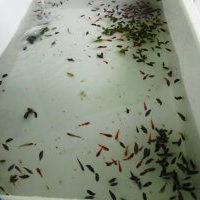
The PCC: a sustainable alternative to overfishing
PCC has the support of leading marine and environmental scientists;
our technology is supported by the Man and Biosphere Program (MAB/UNESCO) and certified as Good Practice by ICRI.
Many years of know-how
Capture results
On average, for every 100 post larvae captured with our fishing devices, about 20 – 30% are suitable for the marine aquarium market, about 30% are suitable for aquaculture and the remaining 40-50 % are not directly exploitable, but represent a unique scientific resource and can be used for ecological restoration programs.
How does the PCC process work
The post larvae are trapped by fishermen during moonless nights, brought ashore and sorted manually by technicians. They are weaned in nurseries & reared according to market requirements. It takes about 2 months for sale/export to the marine aquarium market and about 12 months for local food consumption (e.g. in sea cages).
With over 10 years of field experience,
Ecocean know how to:
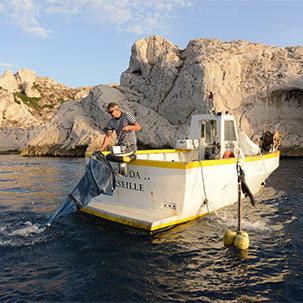
Identify the best fishing sites
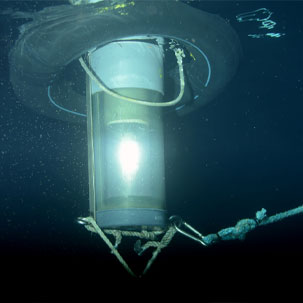
Capture post-larvae in optimum physical condition
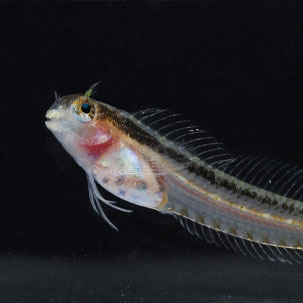
Identify the vast majority of the species collected
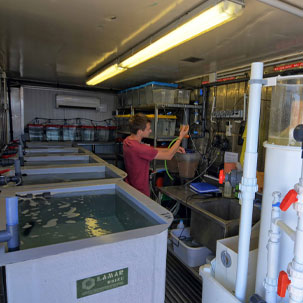
Set up the necessary tools and environment to rear different species together
Our clients and users
Private companies
Private sector companies already involved in the marine aquarium market, who want to offer ornamental fish from an eco-friendly, clean and sustainable supply source.
New entrepeneurs
Young and motivated entrepreneurs from developing countries who wish to develop their own fish production using PCC.
Governments
Governments and fisheries authorities who want to promote a new solution for effective and sustainable exploitation of their marine resources.
NGOs
NGOs concerned with safeguarding the marine environment and the people who depend on it for a living.
Marine theme parks
Marine theme parks and public aquaria worldwide.
Operational units
Worldwide implementation
Ecocean has conducted feasibility studies and field trials in more than 15 countries.
Project are established in Hawaii, in the Indian Ocean (Madagascar, Reunion Island & Mauritius) and in the Caribbean (Yucatan & Guadeloupe).
Following good results and many successful project completions, other organizations and communities from different locations are interested in the technique and will soon be established.


